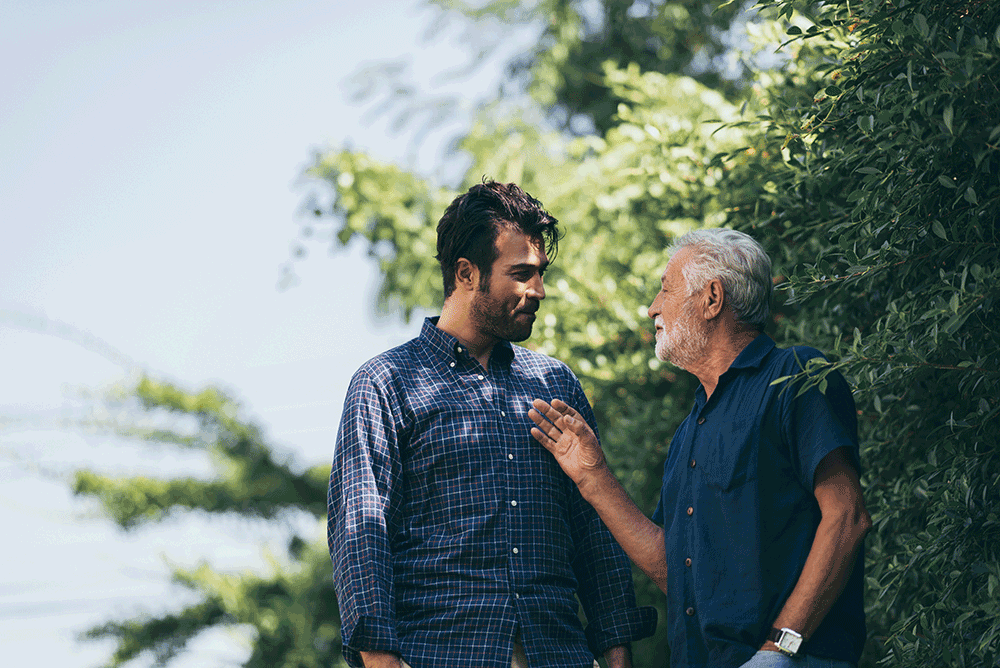Wanting to Be “Independent”
Many of us have aging parents who strive to maintain their independence for as long as possible, which is understandable. But some aging parents take it too far, claiming they don’t want to worry their children, or become a burden on them. More and more, I see this happening in the context of medical care, and it always puts the geriatric patient at risk.
Just this week, I spoke to the adult child of a gentleman in his late 70s, who was in good health, and able to live on his own, until he learned that he needed what was described to him as routine eye surgery. He was confident he could handle everything about it on his own, since it was an ambulatory procedure that was to take no more than an hour or two. So he did not even tell his son that he was going in for the surgery before it took place.
What Could Go Wrong?
Unfortunately, what seemed like a simple procedure to the gentleman brought about a severe eye infection that was not properly or timely treated, resulting in the hospitalization of the patient, who began experiencing severe neurological deficits before being transported to a local hospital’s Emergency Department, where he has been admitted for treatment. His adult son learned about the eye surgery, several days after it took place, when the father began having unexpected and frightening neurological symptoms. He asked his father why he had not told him (the son) about the procedure. The father sheepishly replied that he had not wanted to worry anybody.
This is so wrong, on so many levels. But in the medical malpractice context, it is particularly disturbing. That the father went unaccompanied for a procedure on his eyes left him, and his family, at a disadvantage. No one knows what the patient was told, or what he understood about the risks of the procedure, immediately prior to it. No one knows what, if any, discharge instructions were provided to the father afterwards, or what, if any, prescriptions — for eyedrops, oral medications, whatever — were given to him. No one was there to check in with the surgeon at the end to ask about how the procedure had gone. And now, that father is in no state to provide that information to his family.
Today would be a good time to contact your aging parents, or any other aging person that you care about, to make sure they understand that when they have any medical procedure on the horizon, they must tell you about it, so that you, or someone else of your choice, can accompany them and witness everything that happens. If nothing else, that aging person will appreciate the company, and the ability of you or your surrogate to explain what took place. And if that patient falls victim to medical malpractice, your observations may be key to achieving justice in court on his or her behalf.
